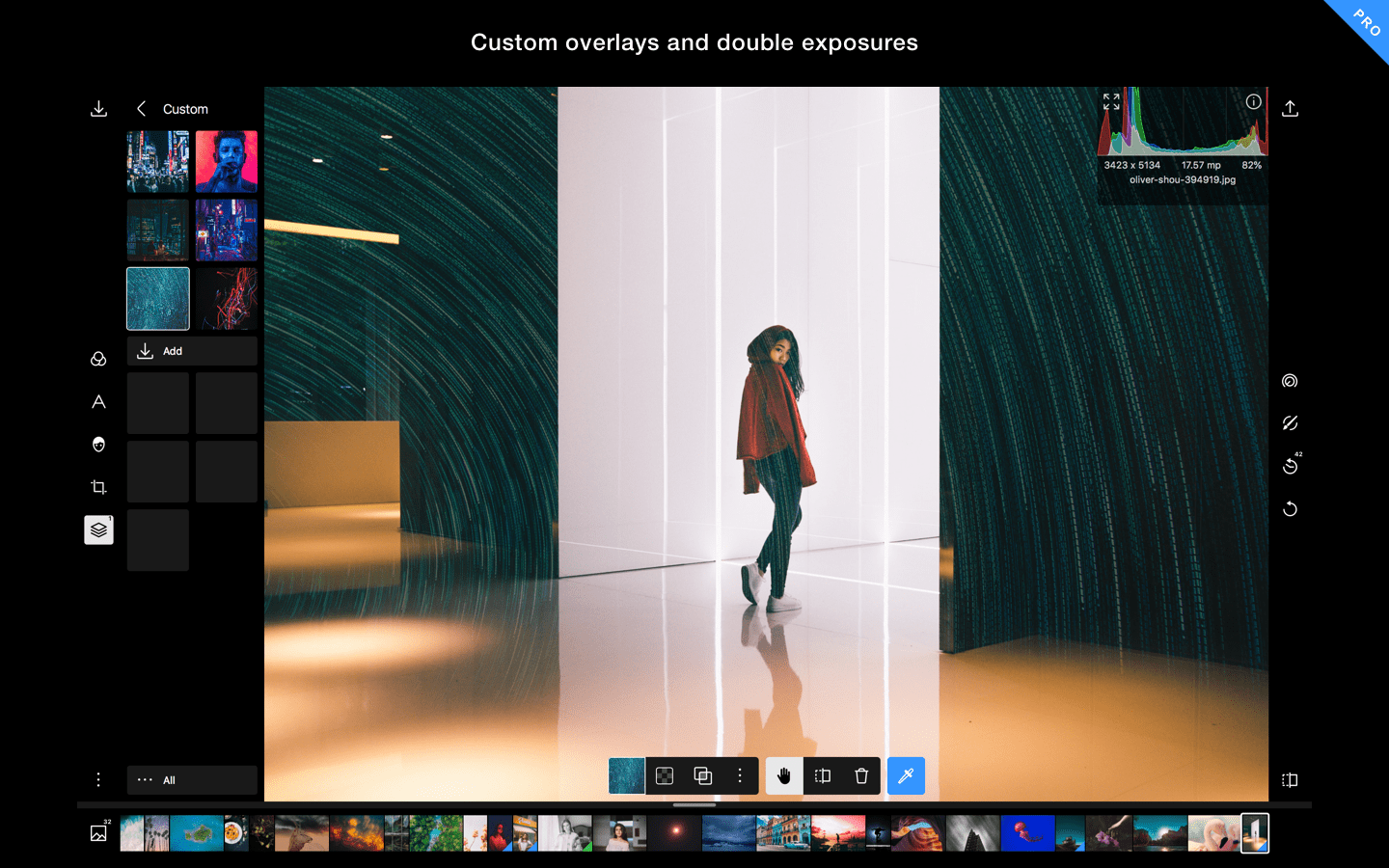Table of Contents
Social Media

Social media refers to websites and apps that allow users to create and share content or participate in social networking. Examples of social media platforms include Facebook, Instagram, Twitter, and LinkedIn. These platforms can be used for a variety of purposes, such as connecting with friends and family, sharing news and information, promoting businesses, and networking professionally. Social media can also be used as a tool for activism, journalism, and political communication.
Use of Social Media:
Social media can be used for a variety of purposes, including:
Personal communication:
Users can connect with friends and family, share photos and videos, and stay in touch through messaging and video chat.
Professional networking:
Users can connect with colleagues, clients, and potential employers, and build a professional online presence through LinkedIn.
Marketing:
Businesses can use social media to promote their products and services, and engage with customers.
News and information:
Social media platforms can be used to stay informed about current events, news, and trending topics, and get a variety of perspectives on different issues.
Entertainment:
Social media can be used to find and share videos, music, memes, and other forms of entertainment.
Customer service:
Businesses can use social media to respond to customer inquiries and complaints, and provide support.
Research and education:
Social media can be used for academic research, and for sharing educational resources and information.
Advantages of Social media uses
2 / 2
There are several advantages of using social media, including:
Connectivity:
Social media platforms allow people to stay connected with friends and family, regardless of location.
Networking:
Social media can be used to build professional networks, connect with potential employers, and find job opportunities.
Access to information:
Social media provides access to a wide variety of information and news, from a variety of sources and perspectives.
Marketing and advertising:
Social media provides businesses with a cost-effective way to reach a large number of potential customers, and gain exposure.
Community building:
Social media can be used to build communities around shared interests and causes, and foster engagement and discussion.
Self-expression:
Social media provides a platform for individuals to express themselves, share their ideas, and connect with others who share similar interests or experiences.
Improving customer service:
Social media allows businesses to quickly respond to customer inquiries and complaints, and improve their overall customer service.
Educational and research opportunities:
Social media can be used as a tool for academic research, and for sharing educational resources and information.
Convenient:
Social media is accessible on the move and from anywhere, and easy to use.
Diversification of content:
Social media allows users to access a wide range of content and information, from news and articles, to videos and podcasts.
Feedback:
Social media provides a platform for users to give feedback about products and services and help businesses improve their offerings.
Crisis management:
Social media is a powerful tool to manage a crisis, by providing a way to quickly disseminate information and respond to customer inquiries and concerns.
Disadvantages of Social media uses
There are many potential disadvantages of using social media, including:
Negative impact on mental health:
Excessive use of social media has been linked to increased rates of depression, anxiety, and other mental health conditions.
Cyberbullying and harassment:
Social media platforms can be used to bully, harass, and intimidate others, which can have serious consequences for the victim.
Spread of misinformation:
Social media platforms can be used to spread false information and misinformation, which can be harmful and lead to confusion.
Privacy concerns:
Social media platforms collect a lot of personal information about users, which can be used for targeted advertising and other purposes.
Distraction and decreased productivity:
Constant checking of social media can be a major distraction, leading to decreased productivity and difficulty focusing on other tasks.
Addiction:
Social media can be addictive, leading to excessive use and a lack of balance in daily life.
Dependence on likes and validation:
Social media platforms are designed to be addictive and users may become dependent on likes, comments, and validation from others to feel good about themselves.
Comparison and self-esteem issues:
Social media can make it easier to compare ourselves to others, which can lead to feelings of inadequacy and low self-esteem.
Age restriction:
Many social media platforms have age restrictions in place to protect children and young people from the potential negative effects of using the platform. The specific age restriction varies depending on the platform.
For example:
- Facebook: The minimum age for creating a Facebook account is 13.
- Instagram: The minimum age for creating an Instagram account is 13.
- TikTok: The minimum age for creating a TikTok account is 13.
- Snapchat: The minimum age for creating a Snapchat account is 13.
- Twitter: The minimum age for creating a Twitter account is 13.
However, it is not uncommon for children to have social media accounts at a younger age, either with their parents’ permission or by lying about their age. It’s important for parents to monitor their children’s social media use and to educate them about the potential risks associated with using these platforms.
Conclusion
In conclusion, social media has many potential advantages, such as connecting with friends and family, sharing information, and finding support. However, it also has many potential disadvantages, including negative impacts on mental health, cyberbullying, spread of misinformation, privacy concerns, distraction and decreased productivity, addiction, dependence on likes and validation, and comparison and self-esteem issues. Many social media platforms have age restrictions in place to protect children and young people from the potential negative effects of using the platform, but it’s important for parents to monitor their children’s social media use and to educate them about the potential risks associated with using these platforms.




